A drug possession lawyer is a legal professional who specialises in defending individuals charged with drug-related offences. These offences typically involve the unlawful possession of controlled substances, ranging from cannabis and cocaine to prescription medications held without a valid prescription. Drug possession charges can lead to severe penalties, including fines, community service, and even imprisonment, making expert legal representation crucial.
Why You Need a Drug Possession Lawyer
If you are facing a drug possession charge, hiring a specialist lawyer can significantly impact the outcome of your case. Drug laws in the UK are strict, with controlled substances categorised into Class A, B, and C, each carrying different levels of punishment. A drug possession lawyer can help by:
- Assessing the Evidence: Lawyers examine the prosecution's case, identifying weaknesses, procedural errors, or unlawful searches that could lead to charges being dropped or reduced.
- Negotiating Plea Deals: In some cases, a lawyer may negotiate with the prosecution to reduce penalties or secure alternative sentencing options, such as rehabilitation programmes.
- Building a Strong Defence: If your case goes to trial, an experienced lawyer will construct a solid defence, which could include proving lack of knowledge of the substance, demonstrating that the drugs belonged to someone else, or challenging how evidence was obtained.
Key Defences in Drug Possession Cases
Several legal defences can be employed to fight a drug possession charge. Some of the most common include:
- Unlawful Search and Seizure: If the police did not have a valid warrant or reasonable suspicion, evidence may be inadmissible in court.
- Lack of Possession: If the drugs were found in a shared space or another person’s belongings, your lawyer could argue that you were unaware of their presence.
- Medical Necessity: In cases involving prescription drugs, proving a legitimate medical need can serve as a valid defence.
- Entrapment: If law enforcement induced or encouraged illegal activity, a lawyer may challenge the prosecution’s case based on entrapment laws.
What to Expect During the Legal Process
The legal process for drug possession cases generally follows these steps:
- Arrest and Charge: If caught with illegal substances, the police will charge you based on the quantity and type of drug found.
- Investigation and Legal Consultation: Your lawyer will gather information, request disclosure of evidence, and advise on the best legal strategy.
- Court Proceedings: Depending on the severity of the charge, your case may be heard in a Magistrates’ Court or Crown Court.
- Sentencing or Dismissal: If found guilty, sentencing can range from fines and community orders to custodial sentences. However, a lawyer may help get the charges dismissed or penalties reduced.
Choosing the Right Drug Possession Lawyer
Selecting the right lawyer is essential for achieving the best possible outcome. Here are some factors to consider:
- Experience: Look for lawyers with a track record of successfully handling drug possession cases.
- Specialisation: Some solicitors focus specifically on drug-related offences, offering greater expertise in this area.
- Reputation: Read reviews and testimonials to gauge the lawyer’s reliability and effectiveness.
- Legal Fees: Ensure you understand the cost structure, including whether legal aid is available if you qualify.
Conclusion
Being charged with drug possession can be daunting, but a drug possession lawyer can provide the legal support needed to navigate the complexities of the justice system. Whether challenging evidence, negotiating a plea deal, or fighting for a not-guilty verdict, the right lawyer can make a significant difference in your case. If you or someone you know is facing drug possession charges, seeking expert legal representation should be the first step in protecting your rights and securing the best possible outcome.




